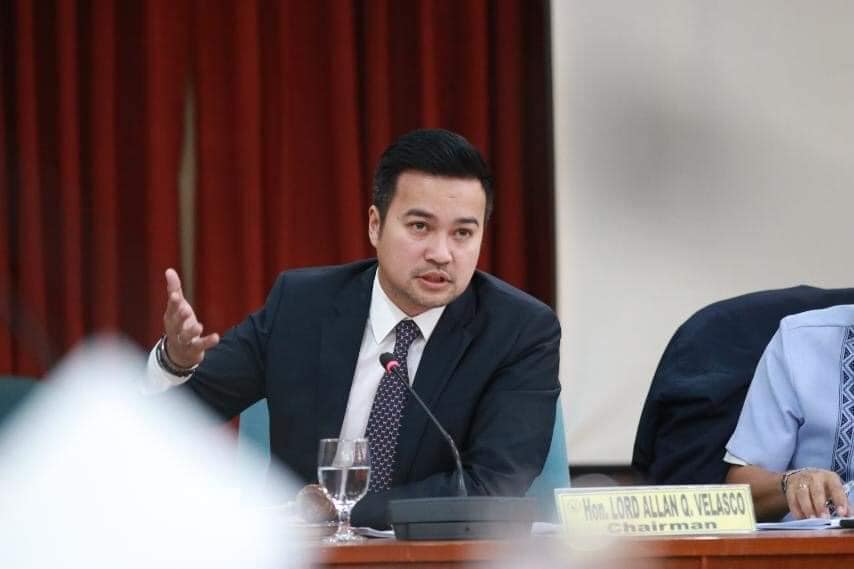Philippine News
Media crucial in fighting misinformation amid pandemic: Velasco

MANILA – House Speaker Lord Allan Velasco on Tuesday stressed the importance of free and independent media to promote transparency and accountability, as well as combat misinformation and contribute to public confidence and support for government efforts to beat the coronavirus disease (Covid-19).
During the general meeting of the Kapisanan ng mga Brodkaster ng Pilipinas (KBP), Velasco said the journalists played a crucial role in spreading reliable news and information amid the pandemic.
He noted that timely, accurate, and verified information received through the mainstream media has empowered the public, enabled greater access to health care, prevented discrimination and social stigmatization.
“For every ayuda (assistance) not properly distributed, let us give hope by highlighting LGUs (local government units) that have efficiently rolled out the process,” he said. “For every claim of adverse effects after inoculation, help us encourage and push for stronger vaccine confidence. We ask you to help us, your people in government, because we need to fight this monumental battle together.”
Velasco said the mainstream media also helped protect the health and safety of communities by preventing the spread of false or misleading information.
“We express concern at the damage which can and has been done by the spreading of false or manipulated information about the disease and government’s pandemic response,” he said. “We need to push back on disinformation and propaganda, and the support of mainstream media is crucial in this fight.”
Comprehensive contact tracing
Meanwhile, Deputy Speaker Loren Legarda highlighted the importance of effective and efficient contact tracing as a tool to curb further local transmissions and reduce Covid-19 deaths in the country.
“Contact tracing, if properly employed as a preventive strategy, will bolster the country’s fight against the Covid-19 pandemic. Contact tracing was effectively implemented during the SARS outbreak in 2003 and the Ebola outbreak in 2014. This may be a laborious process, but this can be a key component in ending the spread of Covid-19 virus,” she said.
She said several countries have successfully employed contact tracing as a cornerstone of their Covid-19 response plans, such as South Korea, Singapore, and Germany.
She cited the World Health Organization (WHO) stating that contact tracing is an essential public health tool that will break chains of transmission when systematically applied.
She recommended the hiring of contact tracers under the Department of Labor and Employment (DOLE) – Tulong Panghanapbuhay sa Ating Disadvantaged/Displaced Workers (DOLE TUPAD) program, particularly in the NCR Plus bubble areas composed of Metro Manila, Bulacan, Cavite, Laguna, and Rizal.
“This can also be expanded to other areas where there continue to be high incidence of Covid-19 positive cases,” Legarda added.
Based on information by DOLE, the Department has already coordinated with the Department of the Interior and Local Government (DILG) for the hiring of contact tracers to be employed under the TUPAD program.
“Hiring TUPAD workers to take on a more challenging role as contact tracers will not only give our displaced workers a source of income but will also give them the sense of fulfillment that they are doing a crucial job in the country’s fight to curtail the spread of the virus,” Legarda said.
She said the country can employ a uniform and systematic contact tracing system all over the country to have more organized data and assist our contact tracers in gathering significant information faster.
“Our fight against this unseen enemy is a fight easily won through a whole-of-government, whole-of-society approach. Let us work together as one, aiming for a common goal of sustainable and inclusive growth and recovery amid the ongoing pandemic,” she said.





















